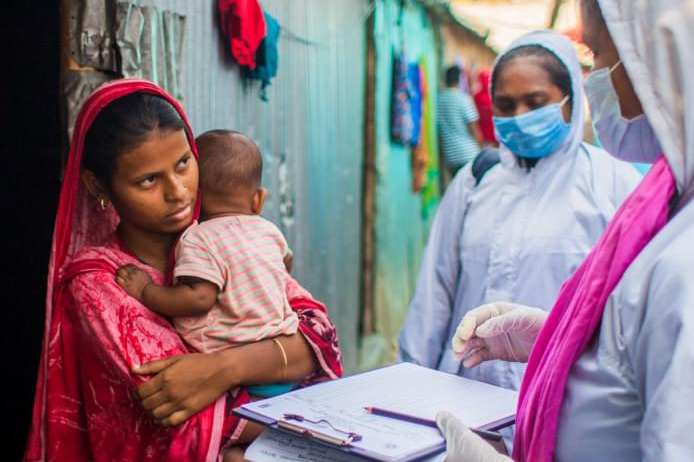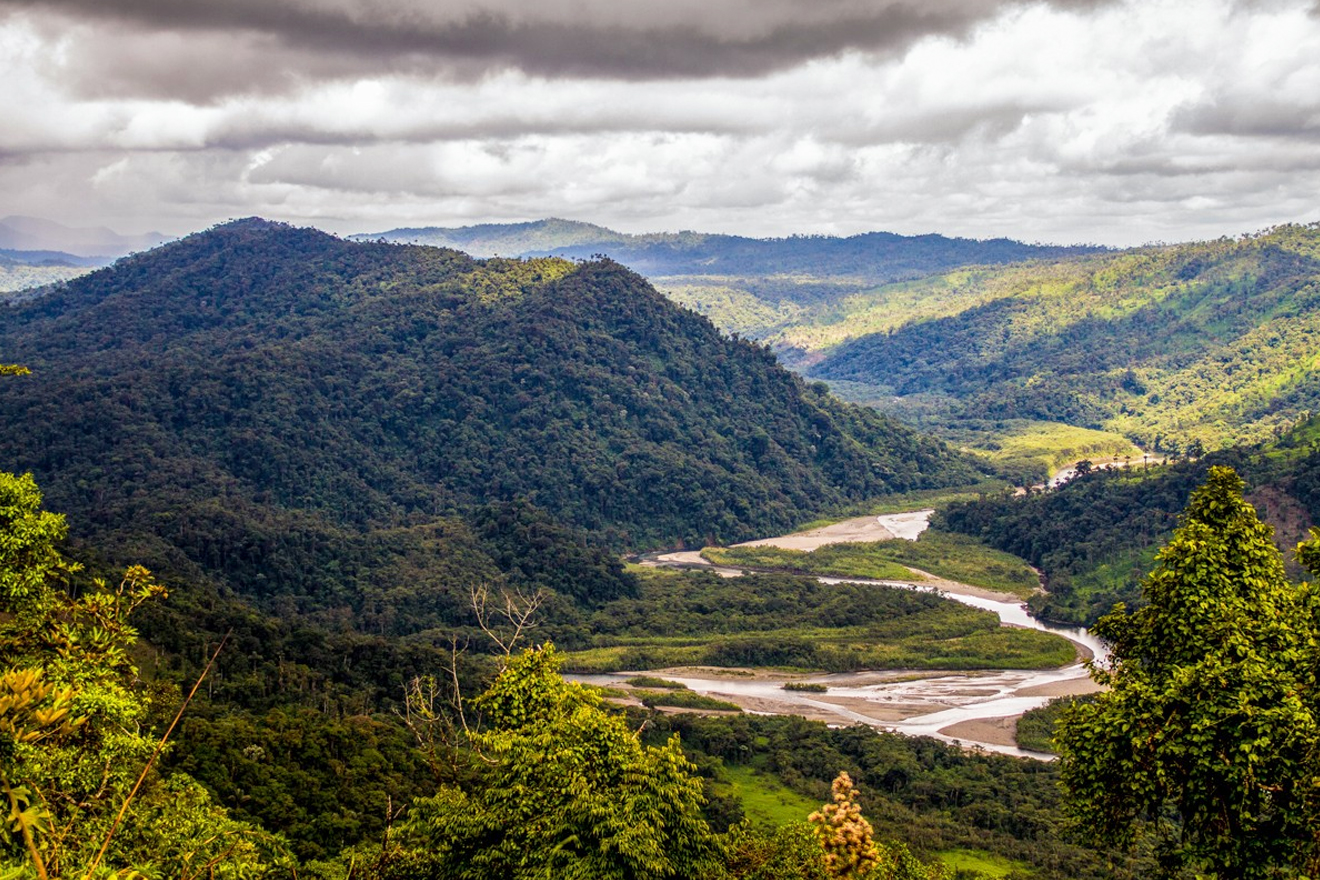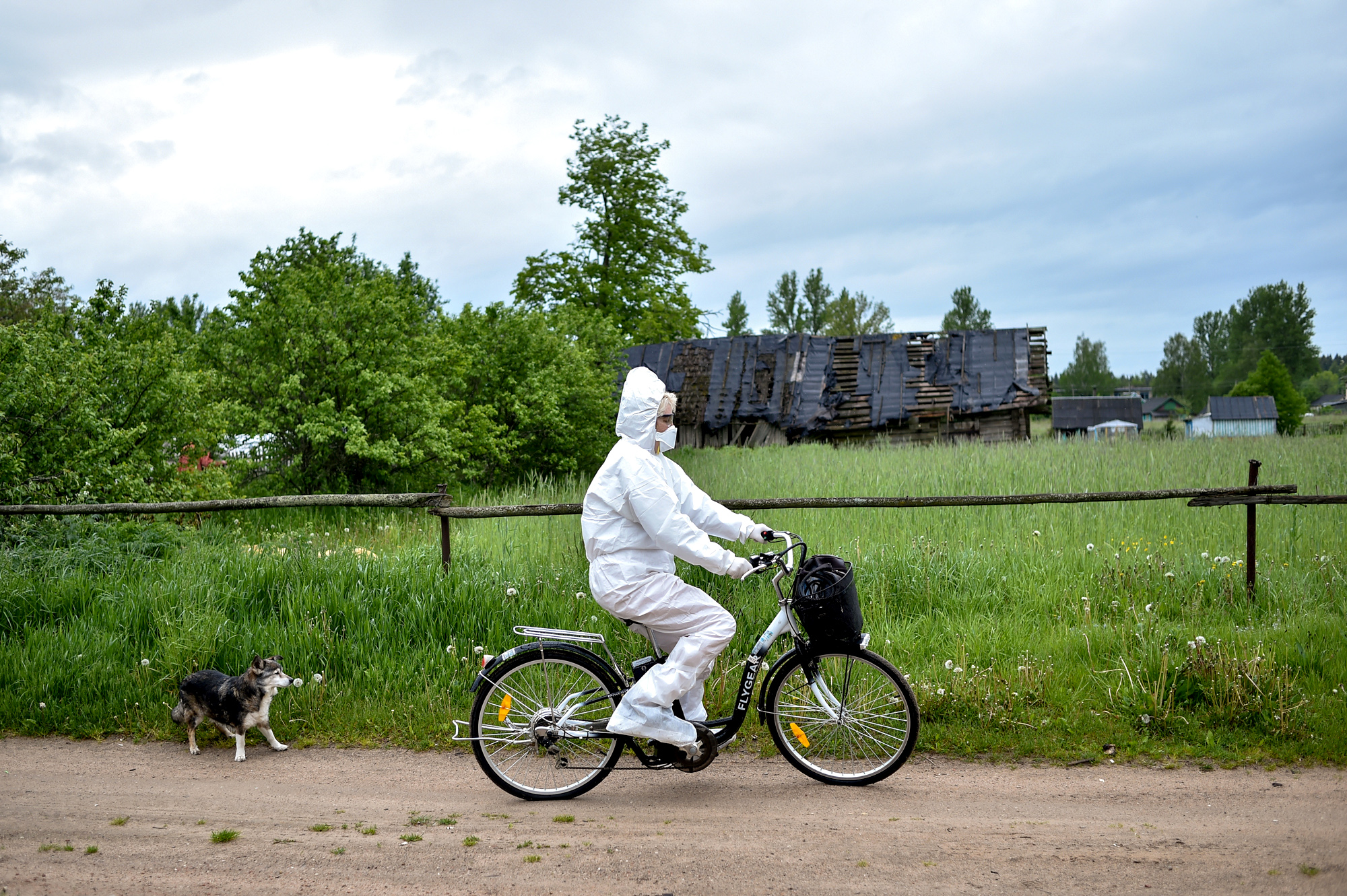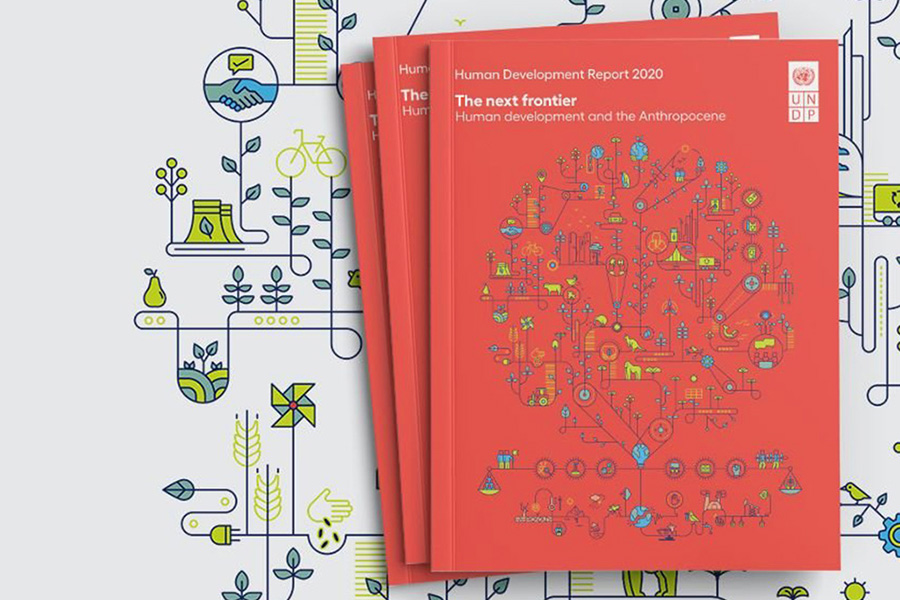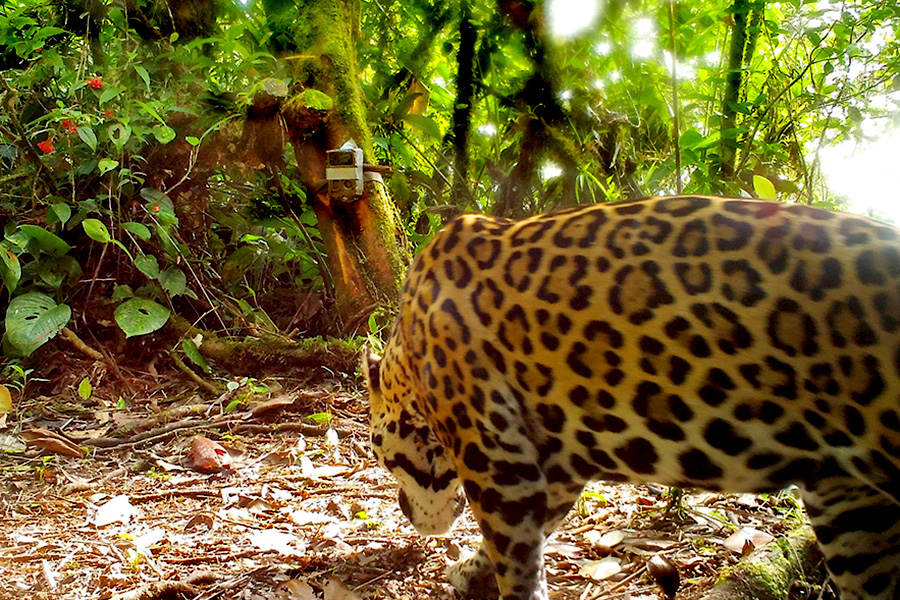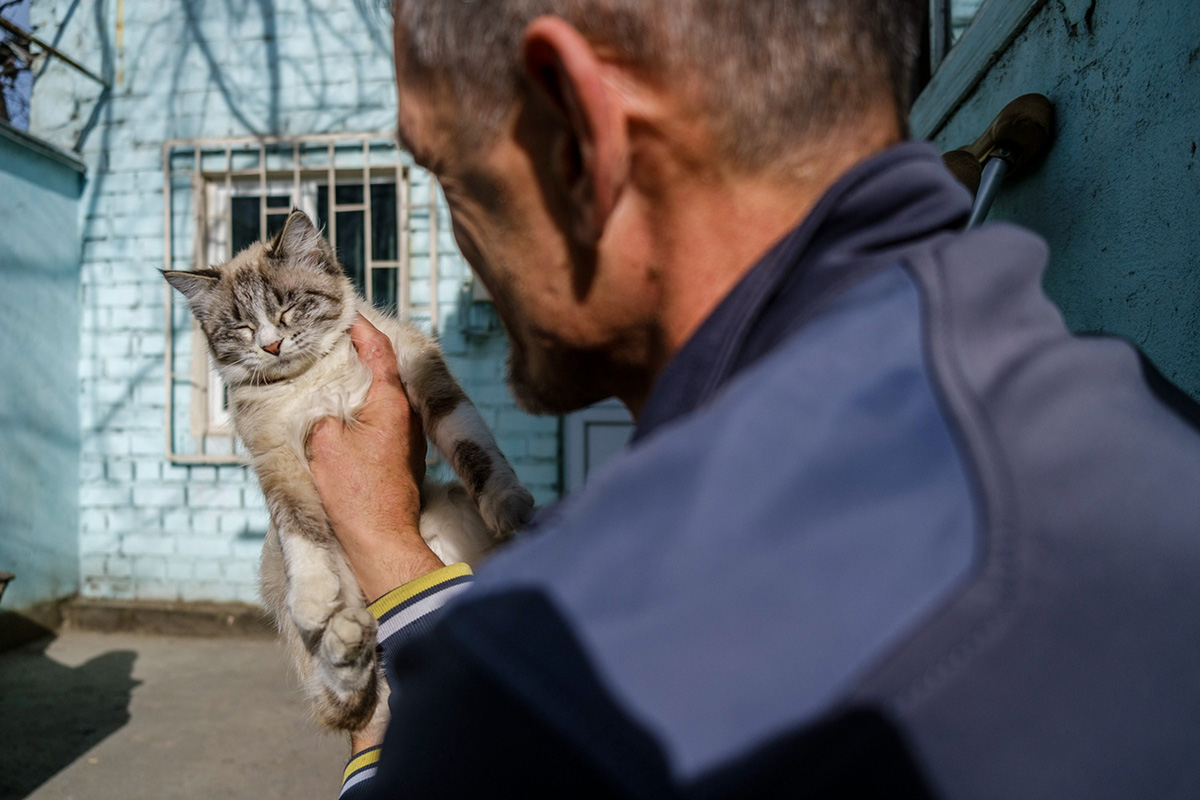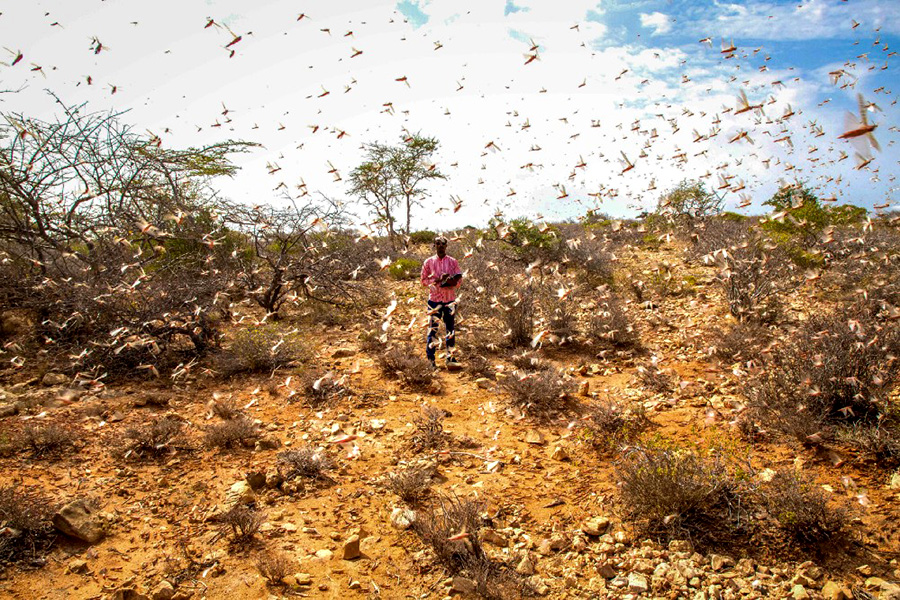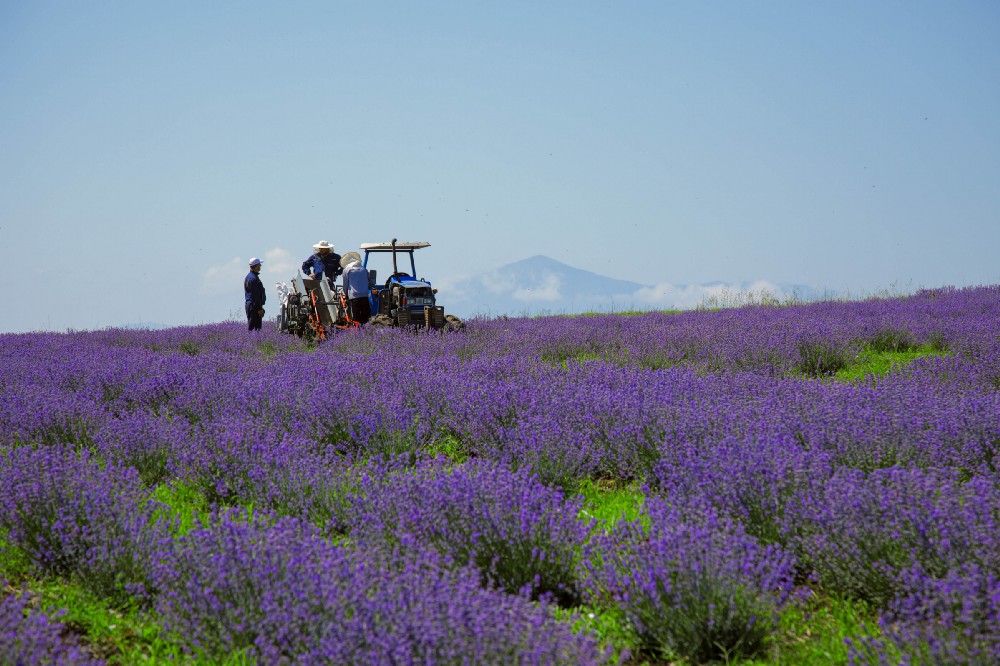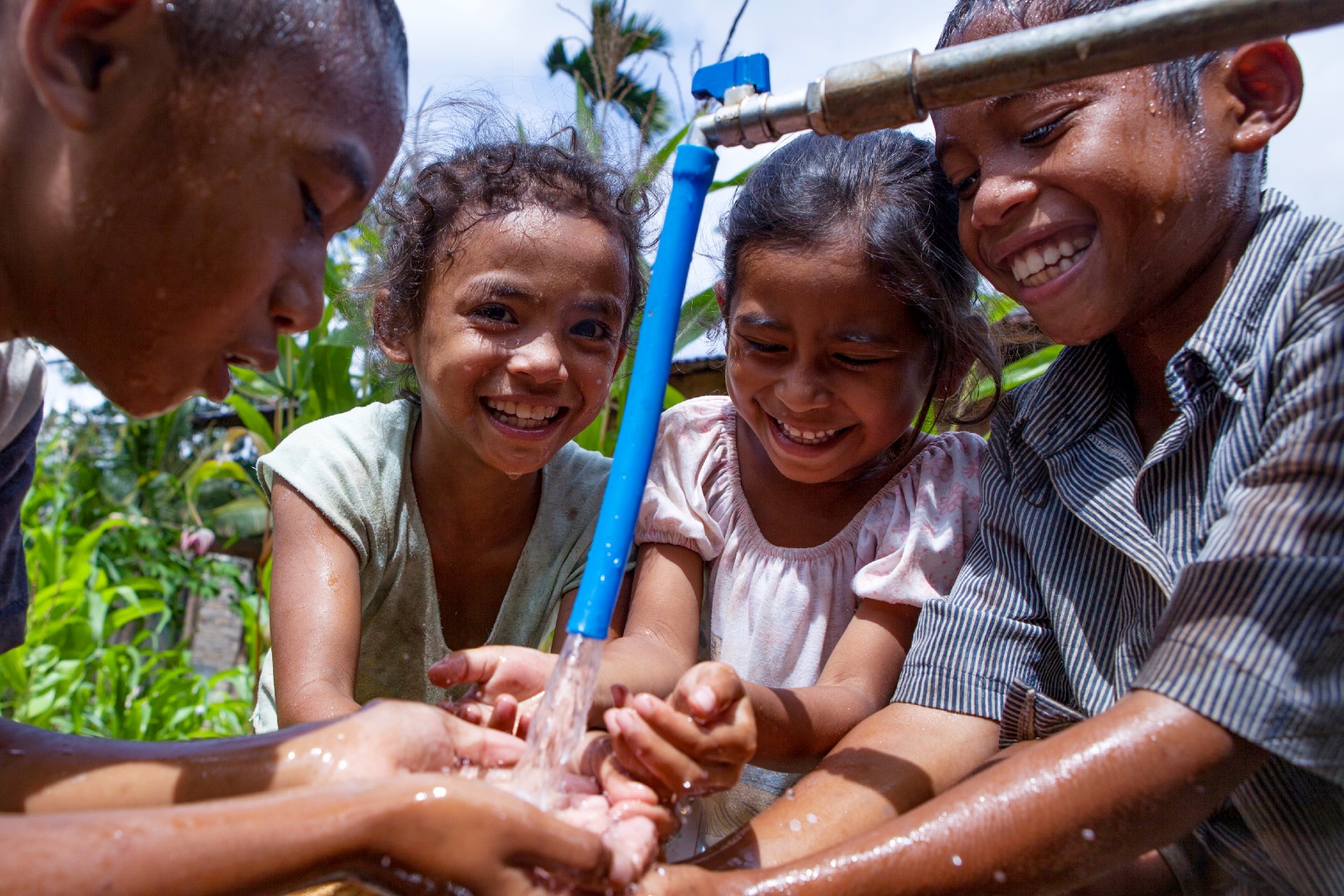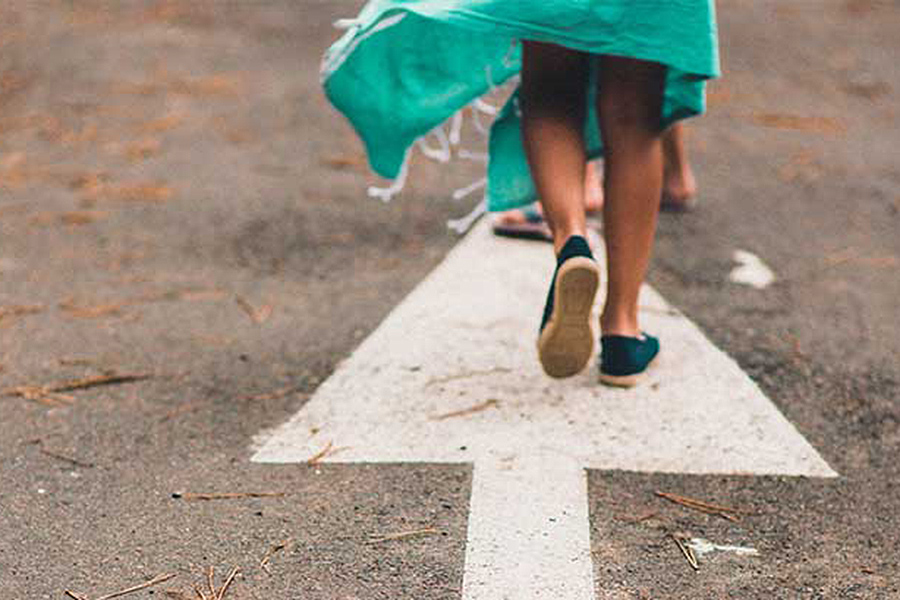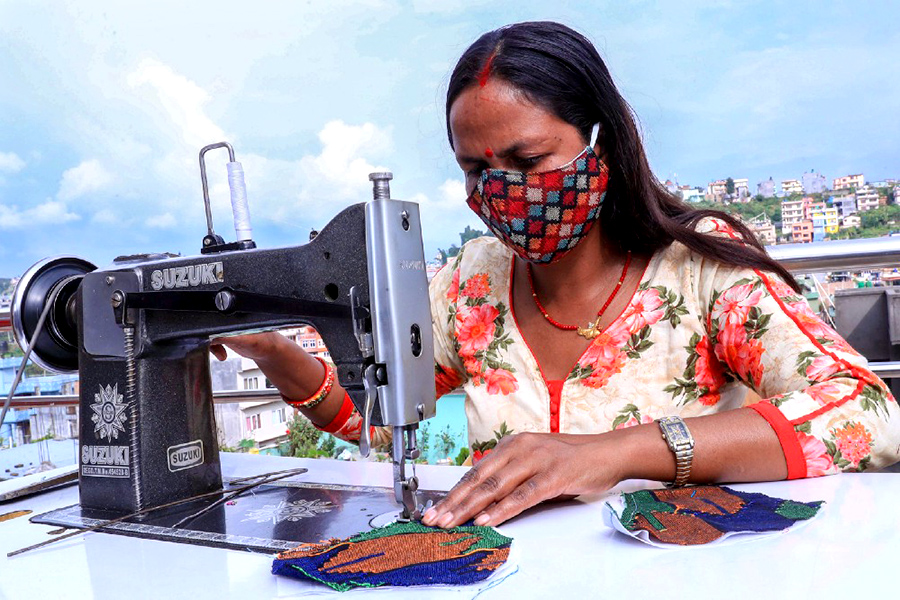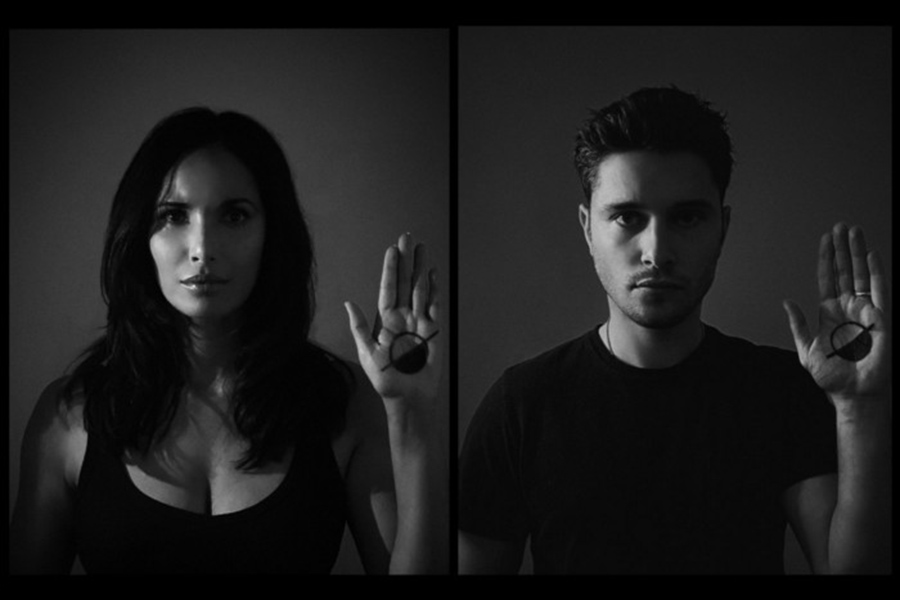This year the UN Development Programme recommited to help countries recover fairly from COVID-19, and with climate-resilient economies. COVID-19 did so much more than make people sick. Yet the virus has shown where we have failed to address inequalities and injustices, as well as the destruction of the natural world. And it’s illuminated a clear path of action. With the Sustainable Development Goals as our guide, we must unite as a global community and recommit to help every country recover justly and fairly, with strong, climate-resilient economies.
UNDP
Five reasons to be optimistic about climate action
There are encouraging signs, from the world’s largest economies to Small Islands Developing States and Least Developed Countries, that remind us of our potential if we accept responsibility and embrace solutions. On the eve of the fifth anniversary of the Paris Agreement, here are five key reasons to be optimistic.
The UNDP 2020 Human Development Report (HDR) doubles down on the belief that people’s agency and empowerment can bring about the action we need if we are to live in balance with the planet in a fairer world. It shows that we are at an unprecedented moment in history, in which human activity has become a dominant force shaping the planet. These impacts interact with existing inequalities, threatening significant development reversals. Nothing short of a great transformation is needed to change the path we are on. The Report explores how to jumpstart that transformation.
For the first time in a relationship spanning 300,000 years, instead of the planet shaping humans, humans are shaping the planet. This is the Anthropocene: the age of humans. COVID-19 and its unprecedented effects on human development are a cautionary tale of the type of challenges we are likely to face in the Anthropocene, unless humans transform the way we interact with the planet. But the future is not set in stone– yet. We have a once-in-a-generation opportunity to choose to change, and the 2020 Human Development Report (HDR), set to launch on 15 December, suggests a way forward.
COVID-19 comes as a double blow to those living with HIV
Monitoring climate adaptation in Guatemala’s marine coastal zones
Floods, locusts and COVID-19; Somalia’s triple threat
Distilling herbs with zero waste in eastern Serbia
Footing the bill: Innovative financing for climate action in Indonesia and the pioneering of Green Sukuk
The ICC will help advance the initiative co-founded by the United Nations Development Programme (UNDP), to encourage greater private sector investment in biodiversity conservation.
The economic and societal disruption caused by COVID-19 is worsening. Huge job losses, bankruptcies, shrinking GDP, widespread failure of small businesses, fundamental shifts in consumer and public behaviour will become more apparent as the pandemic drags on. We can no longer play by the old rules, and there are hard choices ahead. But also opportunities. The next phase of UNDP’s response is a quantum leap—to help decision-makers enact fundamental changes to ensure a just and fair transition to a clean economy by overhauling governance and social protection and fostering digital disruption.
UNDP launches a global campaign to end poverty and raise awareness of the alarming rate at which COVID-19 and climate change are increasing inequalities around the world.

